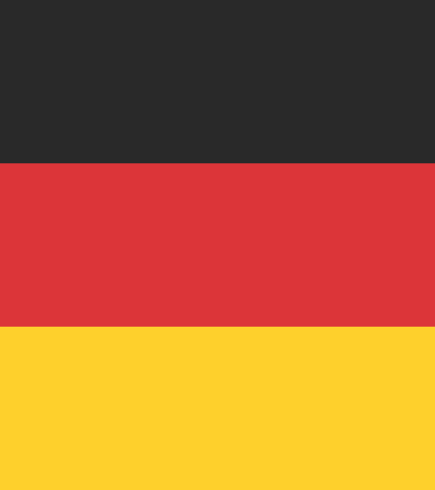German
German is the most widely spoken language in the European Union – ahead of Spanish, French and even English – and is the mother-tongue of over 13 million peoples.
(Head to the NEWS page for more details)

German is the most widely spoken language in the European Union – ahead of Spanish, French and even English – and is the mother-tongue of over 13 million peoples.

When you are ready, you can apply online. Once you submit the application, our team will check your eligibility and that your details are correct. Within 5 working days you can expect to receive an email confirming your place. Click the link below for guidance on our application process.
If you need more information, or want to discuss our Languages courses you can: visit our Learning Centres in-person, or contact us on the details below.
This course is suitable for learners who have either completed a Beginners – moving on course, or who can already get by in everyday holiday or business settings, using simple words and phrases. It will build on the topics covered in the beginners’ course such as personal information, shopping, travel, directions, numbers, dining out, booking accommodation. The main emphasis will be on developing your range of vocabulary to help you hold short conversations, including talking about things in the past (e.g. what you did at the weekend) and the future (e.g. holiday plans).
Course Fees: Full Fee £305.20 / Reduced Fee £91.56 / FREE depending on your personal circumstances.
More information on German Elementary (Year 2)This course is suitable for learners who have either completed an Elementary course in your chosen language or who can already get by in everyday holiday or business settings, and have started to use the simplest ways of expressing present, past and future tenses. It will build on the topics covered in the previous course such as personal information, daily routine, shopping, travelling, future plans and past holidays. The main emphasis will be on developing your range of vocabulary to help you hold short conversations including talking about things in the past (e.g. what you did at the weekend) and the future (e.g. holiday plans).
Course Fees: Full Fee £305.20 / Reduced Fee £91.56 / FREE depending on your personal circumstances.
More information on German Pre-Intermediate (Year 3)